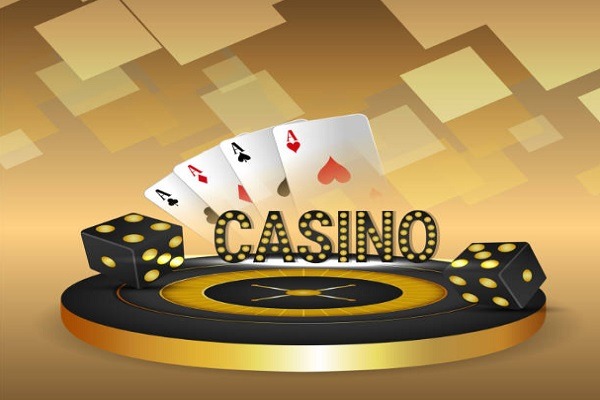The world of casino marketing is a fascinating blend of psychology and strategy. Casinos have long employed various techniques to attract and retain players, leveraging deep insights into human behavior. Understanding the psychological triggers in casino marketing can reveal why these establishments are so successful in captivating their audience.
The Power of Reward Systems
At the heart of casino marketing lies the concept of reward systems. Casinos utilize both intermittent and variable rewards to keep players engaged. Intermittent rewards, where the outcome is not predictable, create a sense of anticipation and excitement. This principle is akin to the way slot machines operate. Players never know when the next big win will come, which keeps them spinning the reels.
Variable rewards are another powerful tool. These rewards vary in size and frequency, adding an element of surprise that heightens the emotional response. The occasional large payout amidst smaller wins keeps players motivated, fostering a “just one more try” mindset. This technique exploits the brain’s reward pathways, releasing dopamine and reinforcing the desire to continue playing.
The Illusion of Control
Casinos often create an environment where players feel a sense of control over the outcome of their games. This illusion of control is a potent psychological trigger. Games like blackjack and poker involve skill and strategy, making players believe that their decisions significantly impact the results. Even in games of chance, such as roulette or slots, players often develop rituals or superstitions that give them a false sense of control.
This perceived control enhances the gaming experience, making it more engaging and immersive. Players are more likely to stay longer and wager more when they feel they have some influence over the outcome, even if it is merely an illusion.
Social Proof and the Bandwagon Effect
Humans are inherently social creatures, and the behavior of others can heavily influence our decisions. Casinos exploit this by creating environments that appear popular and bustling with activity. The use of lights, sounds, and crowded gaming floors creates a sense of excitement and urgency, encouraging others to join in.
The bandwagon effect, where people do something primarily because others are doing it, is a powerful psychological trigger. Seeing others win or participate can motivate individuals to try their luck. Casinos often display big winners prominently and celebrate their successes publicly to amplify this effect.
The Role of Loss Aversion
Loss aversion is a well-documented psychological phenomenon where the pain of losing is more impactful than the pleasure of winning. Casinos design their marketing strategies to minimize the perception of losses. Offering complimentary drinks, meals, or entertainment can soften the blow of a losing streak, making players more willing to continue.
Additionally, the concept of “near misses” is frequently employed. Slot machines, for example, often show symbols that are just one position away from a win. These near misses can be more motivating than actual wins, as they create the illusion that a big payout is imminent, encouraging players to keep playing.
Creating an Immersive Environment
The physical and sensory environment of a sureWin casino is meticulously designed to enhance the gaming experience. The use of colors, sounds, and lighting is carefully crafted to create a stimulating atmosphere that keeps players engaged. Red and blue hues are commonly used, as they are known to stimulate excitement and relaxation, respectively.
Ambient music, often with a lively and upbeat tempo, adds to the energetic vibe, while the strategic placement of mirrors and the absence of clocks help players lose track of time. The overall goal is to create an immersive environment where players can escape reality and become fully absorbed in the gaming experience.
The Allure of Bonuses and Promotions
Bonuses and promotions are significant components of casino marketing strategies. Welcome bonuses, free spins, and loyalty programs are designed to attract new players and retain existing ones. These offers provide immediate value and create a sense of generosity, making players feel appreciated and more likely to continue playing.
Conclusion
The success of casino marketing lies in its ability to tap into fundamental aspects of human psychology. By understanding and leveraging psychological triggers such as reward systems, the illusion of control, social proof, loss aversion, immersive environments, bonuses, and personalization, casinos create compelling and engaging experiences that lure players in and keep them coming back. These strategies highlight the intricate interplay between psychology and marketing, demonstrating how deeply human behavior influences consumer decisions in the vibrant world of casinos.


